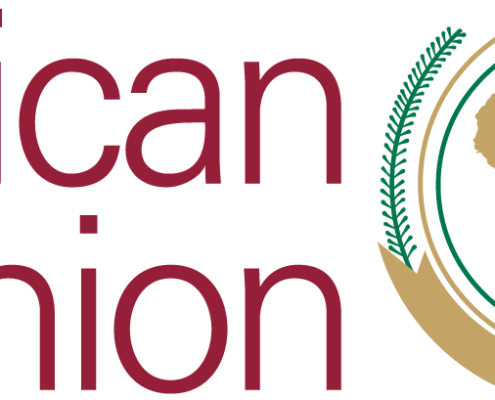Geography
Geography of the African Union
Member states of the African Union cover almost the entirety of continental Africa, except for several territories held by Spain (Canary Islands, Plazas de soberanía); France (Mayotte, Réunion, Scattered Islands in the Indian Ocean); Portugal (Madeira, Savage Islands); and the United Kingdom (Saint Helena, Ascension and Tristan da Cunha). Consequently, the geography of the African Union is wildly diverse, including the world’s largest hot desert (the Sahara), huge jungles and savannas, and the world’s longest river (the Nile).
The AU presently has an area of 29,922,059 square kilometres (11,552,972 sq mi), with 24,165 kilometres (15,015 mi) of coastline. The vast majority of this area is on continental Africa, while the only significant territory off the mainland is the island of Madagascar (the world’s fourth-largest island), and the Sinai peninsula accounting for slightly less than 2% of the total.
Demographics
Demographics of Africa and Member states of the African Union
Population
The total population of the African Union as of 2017 is estimated at more than 1.25 billion, with a growth rate of more than 2.5% p.a.
Languages
The official languages of the African Union are Arabic, English, French, Portuguese, Spanish, Kiswahili, and “any other African language” The primary working languages of the African Union are English and French. To a lesser extent Portuguese and Arabic are used.
The Constitutive Act, for example, is written in English, French and Arabic, while the protocol amending the Constitutive Act is written in English, French and Portuguese. As of 2020, the AU website is available in its entirety in English, partially in French and minimally in Arabic.[20] Portuguese and Swahili versions were added as “coming soon” (em breve) in April 2019.
According to the Constitutive Act of the African Union, The working languages of the Union and all its institutions shall be, if possible, African languages, English, English, French, Portuguese, Arabic
A protocol amending the Constitutive Act was adopted in 2003 and as of April 2020 has been ratified by 30 of the 37 member states needed for a two-thirds majority. It would change the above wording to:
- The official languages of the Union and all its institutions shall be Arabic, English, French, Portuguese, Spanish, Kiswahili and any other African language.
2. The Executive Council shall determine the process and practical modalities for the use of official languages as working languages.
Founded in 2001 under the auspices of the AU, the African Academy of Languages promotes the usage and perpetuation of African languages among African people. In 2004 Joaquim Chissano of Mozambique addressed the assembly in Swahili, but had to translate his words himself.[25] The AU declared 2006 the Year of African Languages. 2006 also marked Ghana’s 55th anniversary since it founded the Bureau of Ghana Languages originally known as Gold Coast Vernacular Literature Bureau.

